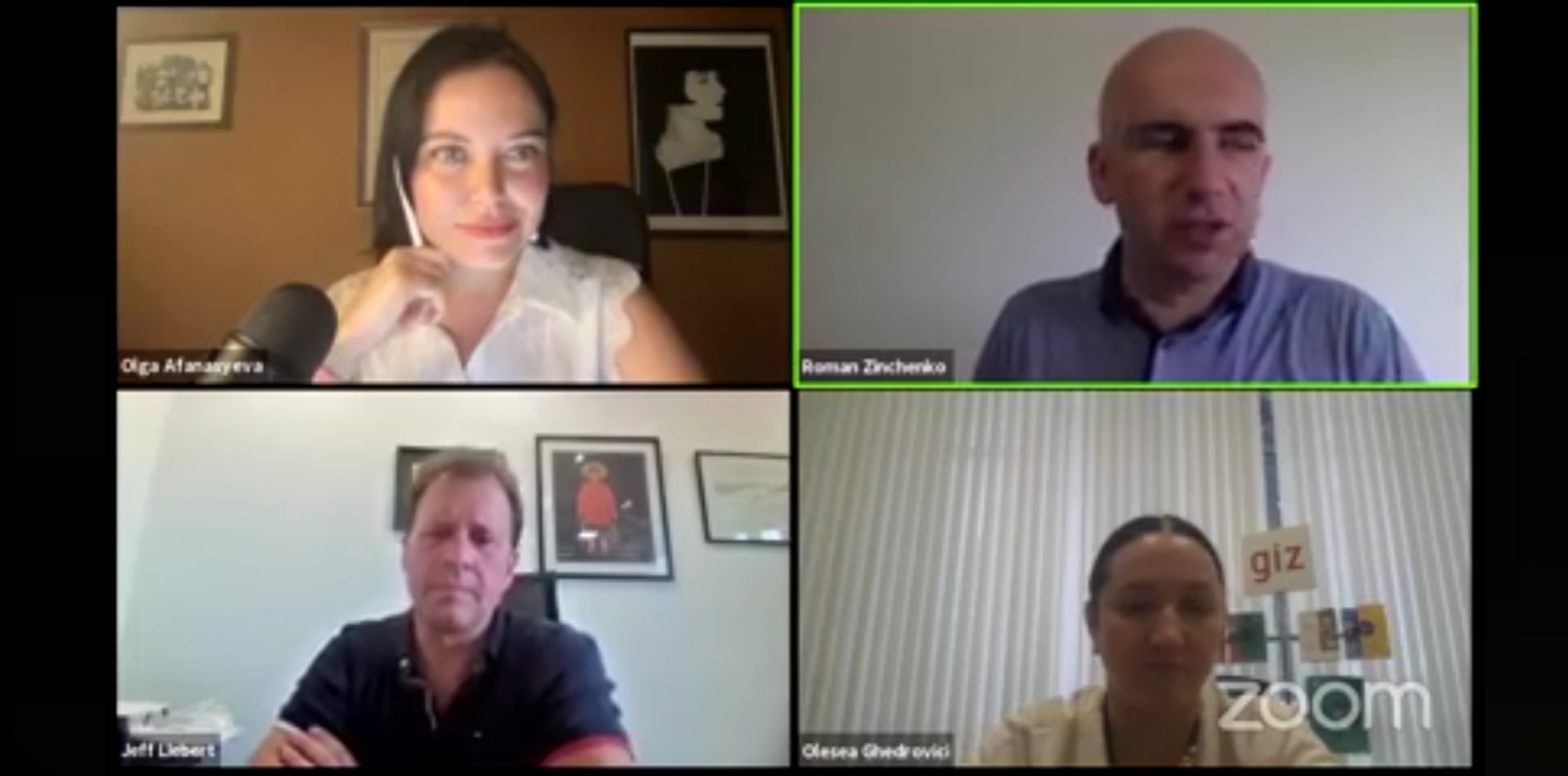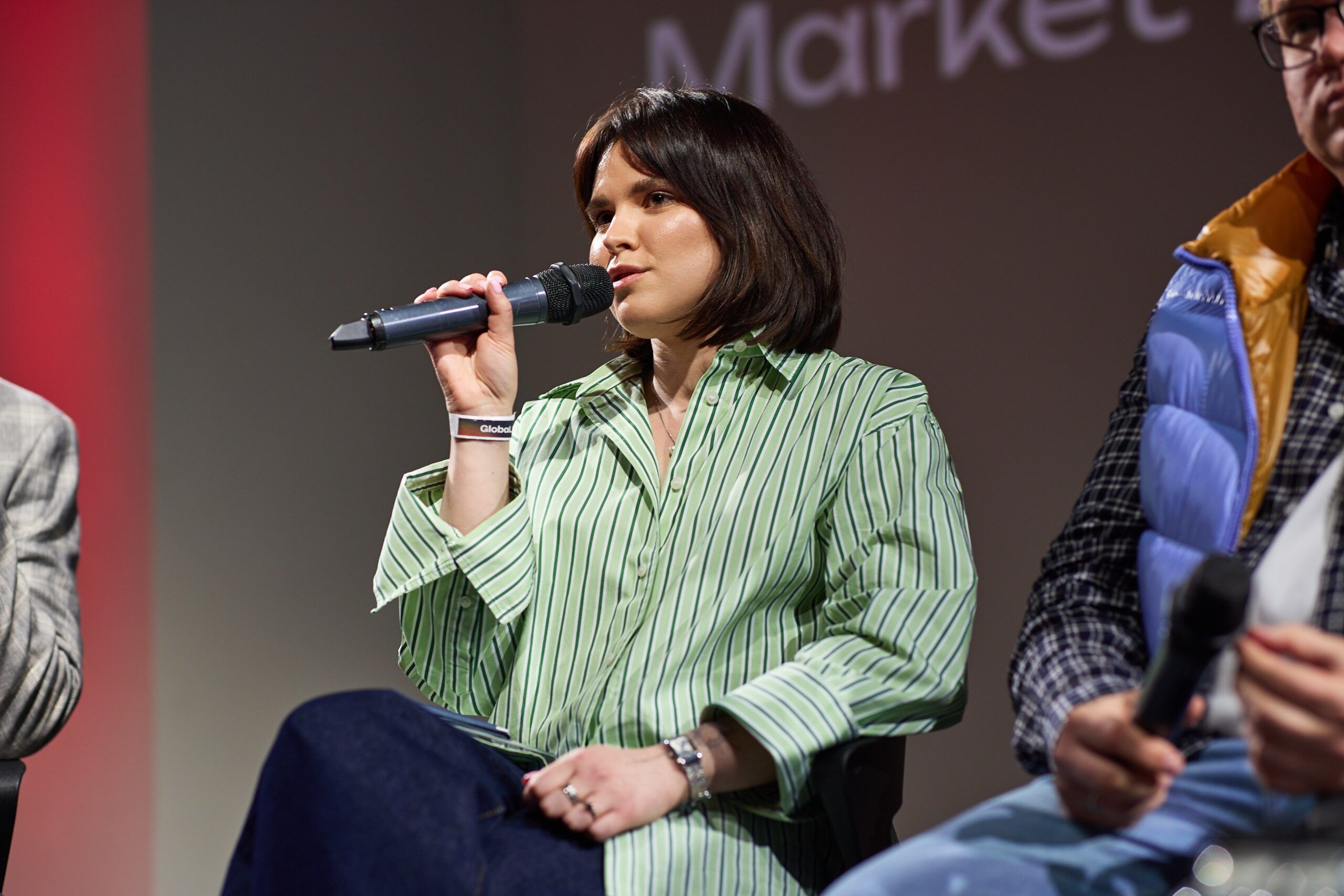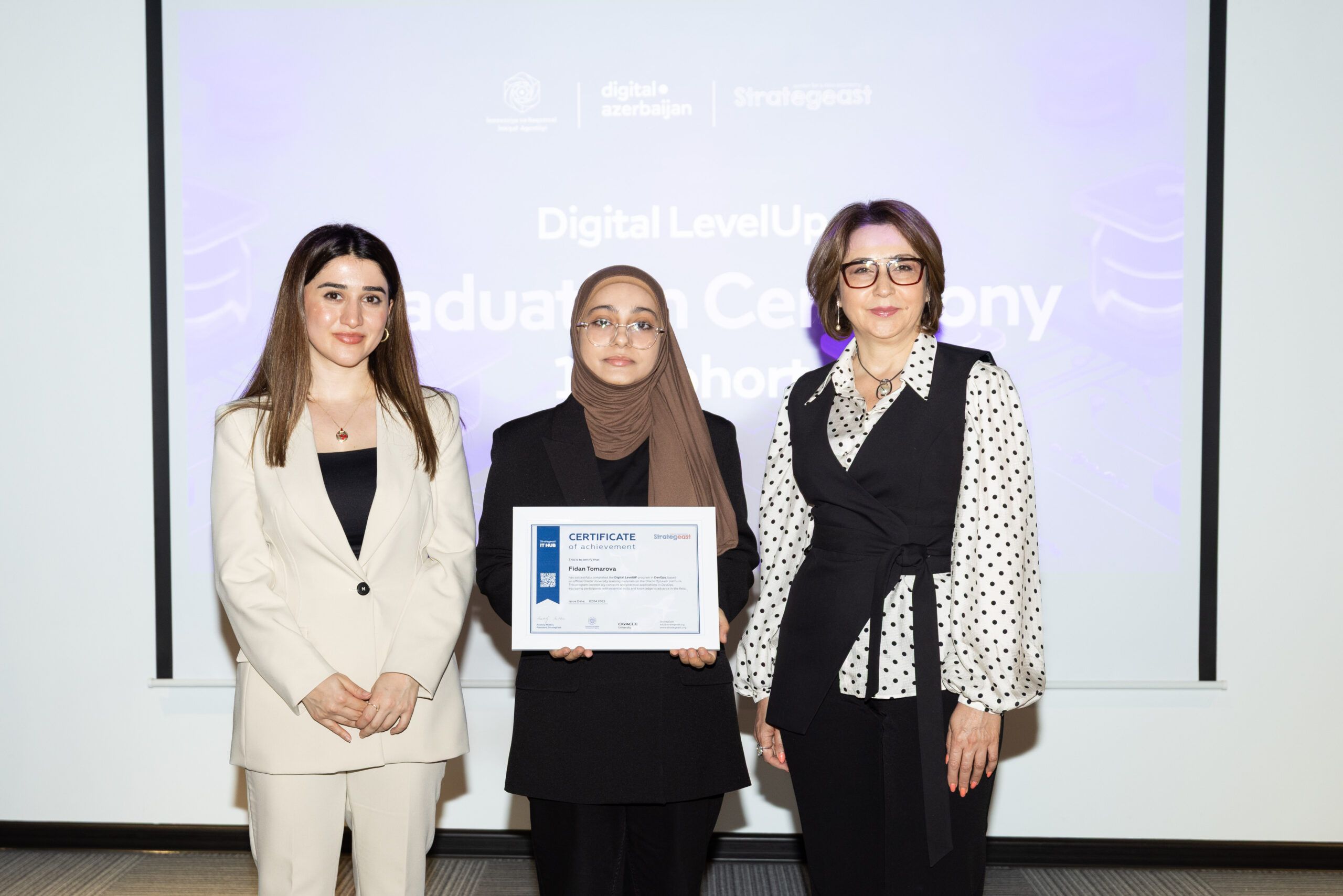The wealth/capital is gradually shifting into the hands of millennials – a generation that does not prioritize high income. They are more interested in solving socially important issues, creating products that bring both money and benefit. This is how social entrepreneurship appears and for this, there is impact investing – an investment made into companies, organizations, and funds to generate a measurable, beneficial social or environmental impact alongside a financial return. At the same time, impact investing is not the same as a charity – the project should pay off.
Research by the Global Impact Investing Network shows that the social investment market is worth around $60 billion a year. Impact investors are primarily interested in startups that meet Sustainable Development Goals which address the global challenges, including poverty, inequality, climate change, environmental degradation, peace and justice; aiming at ensuring inclusive and equitable quality education, gender equality, energy-saving technologies, responsible consumption and production, etc. These principles were developed by the UN, and now they are applicable in private investment.
StrategEast.Live gathered experts to discuss the role of Social entrepreneurship and Impact Investment in Eurasia.
Starting the conversation, Jeffrey Liebert, CEO, Gazelle Finance shared his view on challenges in impact investment. “One of the hardest things in finance is to determine what an appropriate profit from an investment is. There is often some struggle in finding decent impact and decent return vs high or low levels. When it comes to private capital markets, you have to offer an appropriate return to investors as it is often driven by other people’s money.”
Roman Zinchenko, co-Founder of Greencubator, Head of Energy Committee at Ukrainian Venture Capital and Private Equity Association (UVCA) shared his approach to impact investment: “The job we are doing is scouting cleantech ventures, thus mitigating some risks for international financial institutions who recruit us. They are asking us to scout new markets, distribute small grants, creating the flow of entrepreneurs. But even before we scout the market, we do the nursery job which I consider to be classical social impact job helping people to launch.”
Olesea Ghedrovici, Senior Economic Policy Advisor to the Moldovan Government at Deutsche Gesellschaft für Internationale Zusammenarbeit (GIZ) showed policy-framing perspective. “To me, impact investment is an instrument to implement social entrepreneurship. Policymakers should find the right definition of social entrepreneurship and impact investment themselves. As from that definition and criteria comes the necessity of creation proper legal frameworks, incentives or special schemes from the government.”
Answering the question by panel moderator, Olga Afanasyeva, PhD, Head of Kyiv Branch Office at ELEKS on the development of an ecosystem for social entrepreneurship in various countries of Eurasia, Jeffrey Liebert assured that the “less is more” principle is very much desired by the international institutions. Less bureaucracy and simple clear rules can bring more FDIs to the country.
StrategEast.Live is a series of online panel discussions launched by StrategEast in 2020 to continue the conversation on how technology can lead to an overall transformation in Eurasia. During these events, the esteemed guests put forward the ideas that facilitate the further development of a knowledge-driven economy in the region.




